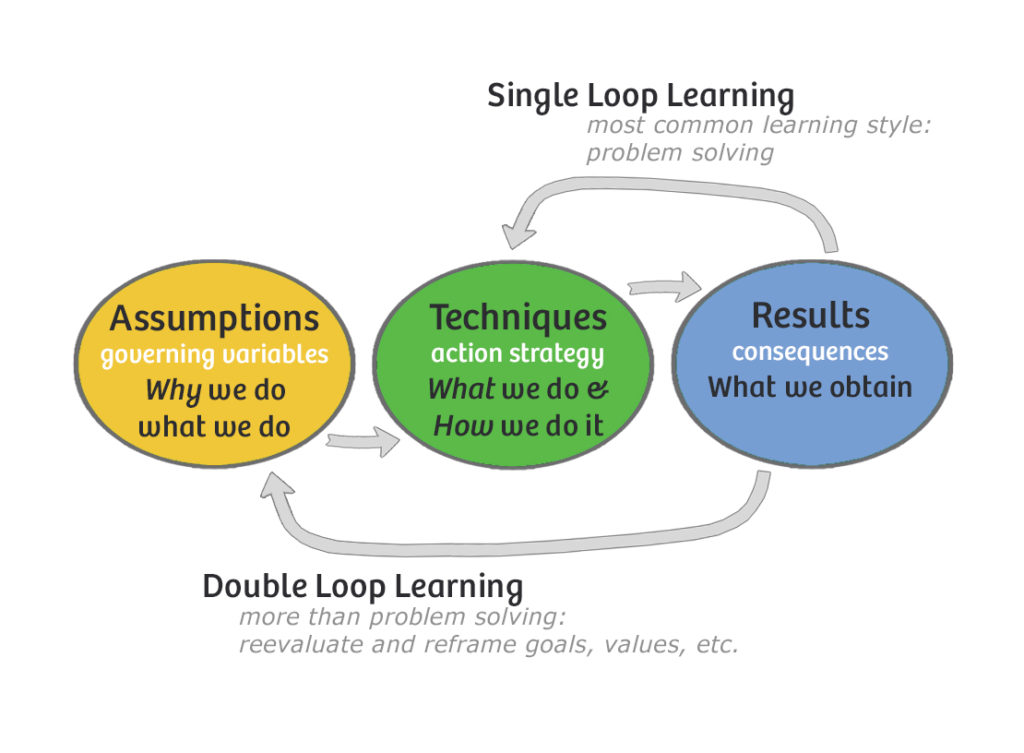What It Is:
Attributed to Chris Argyris
“Teaching smart people how to learn”. Harvard Business Review (May 1991)
Double-Loop Learning is a concept attributed to Chris Argyris, a renowned organizational theorist and management scholar. It is a learning process that involves questioning not only actions and outcomes but also the underlying assumptions and values that guide those actions. Argyris distinguished between single-loop and double-loop learning:
- Single-Loop Learning:
- Focus: Correcting errors within existing frameworks and assumptions.
- Example: Making adjustments to a process or procedure when faced with problems without questioning the fundamental assumptions.
- Double-Loop Learning:
- Focus: Questioning and challenging the underlying assumptions, values, and mental models that guide actions.
- Example: Reflecting on why a certain process is in place, questioning the assumptions behind it, and considering alternative approaches.
How to Use It:
Using Double-Loop Learning in Agile Coaching:
- Reflective Practices:
- Encourage the team to engage in reflective practices that go beyond addressing surface-level issues. Ask questions that prompt them to explore the underlying assumptions guiding their decisions and actions.
- Root Cause Analysis:
- When addressing problems or challenges, guide the team to conduct a deeper root cause analysis that questions not only what went wrong but also why certain decisions were made in the first place.
- Retrospectives:
- During retrospectives, facilitate discussions that go beyond identifying and fixing specific issues. Encourage team members to explore the thought processes, assumptions, and beliefs that influenced their actions.
- Challenge Mental Models:
- Foster a culture where team members feel comfortable challenging existing mental models and assumptions. This can lead to innovative solutions and improvements in how the team works.
- Scenario Planning:
- When planning projects or sprints, engage the team in scenario planning exercises that explore various assumptions and possible outcomes. This helps in anticipating challenges and adapting to changing circumstances.
References:
Resources on Double-Loop Learning:
- Books by Chris Argyris:
- “Organizational Learning: A Theory of Action Perspective” is a seminal work by Chris Argyris that delves into the concept of double-loop learning.
- Academic Journals and Articles:
- Explore academic journals and articles in the field of organizational behavior, management, and learning for in-depth discussions on double-loop learning.
- Educational Institutions and Management Schools:
- Check resources provided by educational institutions and management schools that focus on organizational learning and leadership.
- Professional Development Programs:
- Attend professional development programs, workshops, or training sessions on organizational learning and leadership.
Visit the Agile Coach’s Toolkit for more definitions, models, theorems and stuff.

